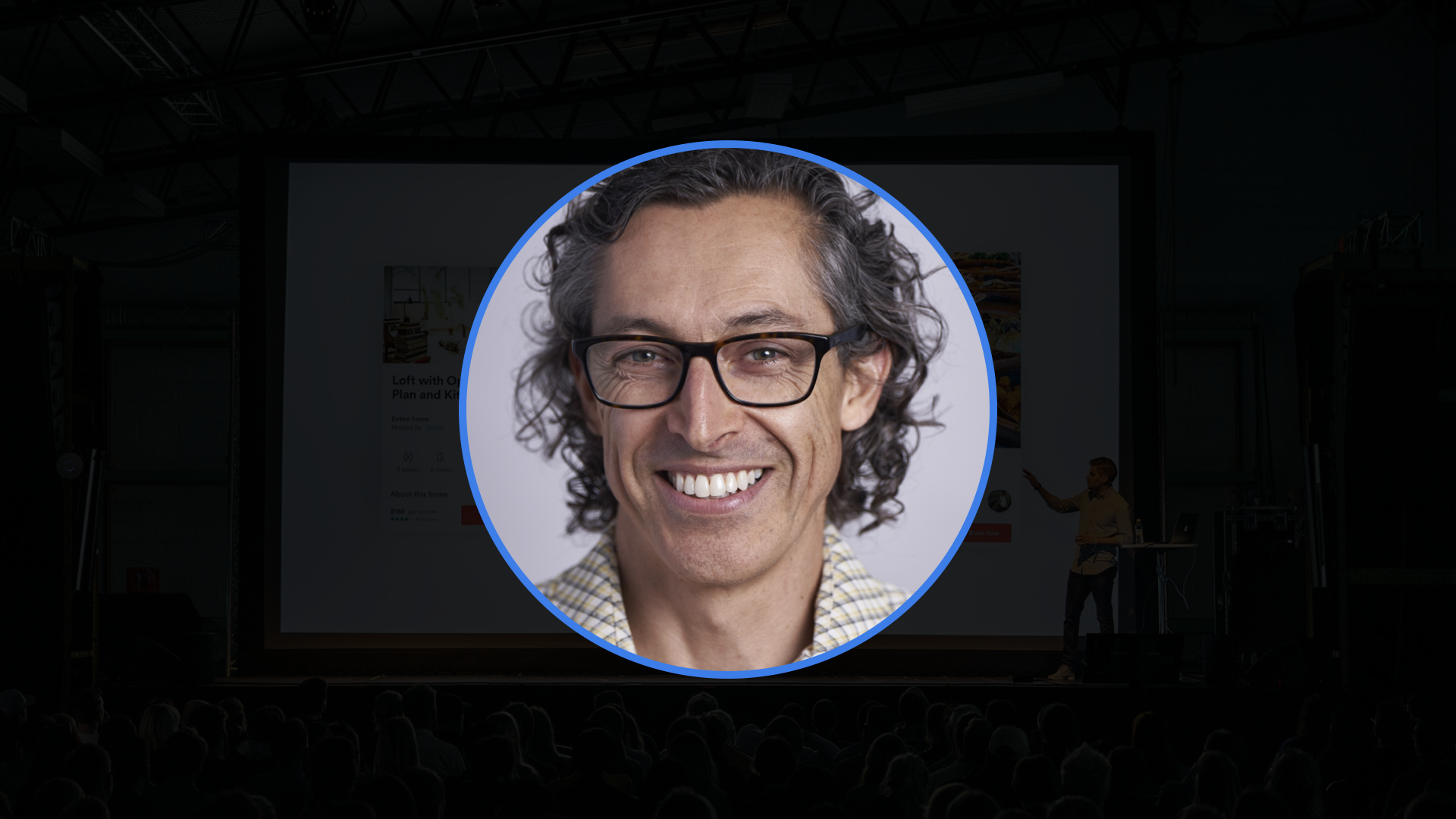
Michael Hernandez
Námsmat sem ekki er hægt að svindla á
Í fyrirlestri sínum talar Michael um hvernig við getum útbúið verkefni fyrir nemendur sem ómögulegt er að svindla á. Stafrænar sögur sem tengjast veruleika nemenda og geta tengst inn í náttúrufræði, stærðfræði, samfélagsfræði, myndlist, kvikmyndagerð, tungumálakennslu og í raun nánast hvaða fag sem er með hvaða aldri sem er. Hann vill að við spyrjum okkur hvað við viljum raunverulega meta og segir svo frá hvernig hann telji matskvarða og stöðluð próf hindra það og segir frá raunverulegum leiðum til að fá nemendur til að vinna verkefni sem skipta þau máli, ekki bara innan skóla heldur löngu eftir útskrift.
“If we want our students to take our work seriously, we have to give them serious work.”
— Michael Hernandez
Spurningar og svör frá Sli.Do
Q1: Do you need to assess all assignments? Might less assessment actually improve student assessment?
There are many different types of assessment.. Some are formal assessments where students get a grade, like a test or an essay, and other times when there are narrative evaluations in the form of comments or written feedback. There are also informal types of assessments that might happen while a student is working on a project (tips and suggestions, asking them questions about their process and thinking) or in group settings like gallery walks or a writer’s workshop. I feel that both are important, but you’ll need to find the right balance for the assignment and your students. It’s good to have small, low-stakes assessments early and along the way, rather than wait until the end of an assignment when there is nothing students can fix. So consider the point of the assessment: is it to hold kids accountable or punish them? Or is it to help them revise and get better at something?
Q2: How is the best way to see progress?
This is a little subjective since it depends on the assignment, the skills students are developing, and your metric for progress. I would suggest having students be partners in measuring progress so that the burden or blame for grades aren’t solely on your shoulders. Have students create portfolios to capture their learning over time, then have them complete a self-assessment when looking back on their work: ask them how they think they have grown, improved, or changed, and what areas they still think they need to develop in themselves. This is also the point of assessment: to help students see their strengths and weaknesses so that everyone can plan a path forward.
Again, it depends on the subject matter (math is different from writing), but each subject has specific skills and concepts students need to learn. Maybe you could make the portfolio and assessment about how successfully they have applied and used those skills, rather than just memorize facts. This would mean some kind of project based learning assignment.
Q3: How frequently would you have the "audience" assess the students projects, e.g. per semester?
It depends on the project and timeline, as well as the medium used to publish the student stories. Social media posts are immediate and can continue over a long period of time, so you can track impressions, interactions, and other metrics provided by the platform. This also applies to podcasts or videos posted on Youtube or Vimeo, since there is a social component to the publishing (its sharable and there are spaces for viewer commenting).
For long term projects that only have one product (like a digital book), you might elicit one-time feedback in the form of a book review (public) or ask audience members (select ones or publicly) to send private ‘notes’ to share strengths and weaknesses. These reviewers can be hand picked by you, or ask the students to think about who they’d like to review their books and what reviewers can add to their comments to help them learn (and expert as opposed to a friend). Ask parents or administrators to review (for transparency of grading and to participate in the process). If you have a well-known expert in your community (author, scientist, musicia, etc.) See if they can share feedback.
Hver er Michael Hernandez?
Michael er margverðlaunaður kennari, rithöfundur og alþjóðlegur fyrirlesari sem starfar í Los Angeles. Verk hans og vinna með nemendur leggur áherslu á stafrænt- og borgaralegt læsi ásamt nemendamiðaðri námsupplifun. Ný bók hans fyrir kennara, Storytelling With Purpose, kom út fyrr á þessu ári.



